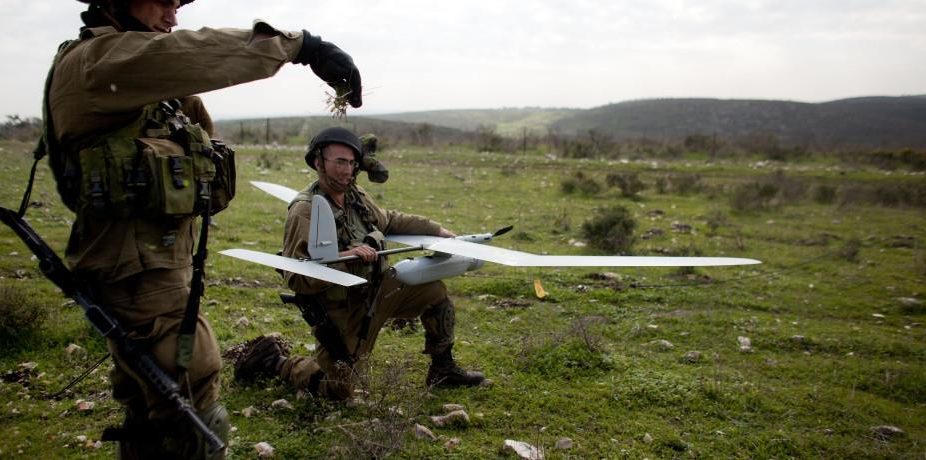According to a report published by the American website “Just Security”; mentioned that Donald Trump poised to rescind some of the key rules crafted by the Obama administration that rein in drones and other targeted operations outside active war zones, based on what New York Times have released last month.The report mentioned that the new administration wants to make changes to the Obama-era Presidential Policy Guidance which imposes the requirement to target only potential terror targets and poses a “continuing and imminent threat to the U.S personnel”. Even Obama’s policy itself used the definition of “imminent” as a broad term without a specific meaning at least towards the requirements of the international law.The new policy eliminates totally the precondition of “imminent”, which gives the United States the green light to kill “foot-soldier jihadists with no unique skills or leadership roles” regardless if they pose a threat or not. In other words, this policy does not commit to the requirements mandated by the international law, which is a real problem.The new proposed policy needs more careful examination for many reasons; first, the rules governing lethal targeting aren’t just legalistic quibbling. They literally represent a matter of life and death. President Obama was at least clear about his internal politics, if not necessary in practice. After many drones’ incidents that have led to killings of many civilians; for example, 14 civilians were killed in a wedding convey, according to the Yemeni government and tens, as well as the killing of many participants in funerals in Pakistan, in addition to 18 laborers in North Waziristan killed in a social gathering according to the Bureau of Investigative Journalism. In 2013, Amnesty documented killings in North Waziristan due to drone strikes between January 2012 and August 2013 based on detailed field research. Amnesty was “deeply concerned that these strikes led to illegal killings, and that such killings may amount in some cases to extrajudicial executions or war crimes ”. Some of these strikes took place after the approving the presidential policies in May 2013.Obama’s guidance has- superficially at least – tried to restrain airstrikes on civilians, while Trump’s suggested plan attempts to cancel that as well as Obama’s rules, which requires a thorough examination before approving the killing operation outside active war zones.The leaked policy guidance maintains the “near-certainty” standard of no civilian deaths for strikes outside war zones; which is a good thing, and claims that the U.S military leaders understand the importance of maintaining civilians’ lives. But since the policy would give license to target individuals that international law considers civilians, it’s not exactly reassuring. It does this by allowing U.S. officials to merely categorize the whole group of people likely to be killed by a missile strike as “militants” – a term which has no legal meaning – and thereby justify their killing.Will the policy define more carefully what makes a “low-level foot soldier” targetable outside of an armed conflict? Based on the reporting so far, it’s impossible to know. But lots of people carry guns in rural Yemen, Somalia and the tribal areas of Pakistan. That doesn’t necessarily make them “militants” and it certainly doesn’t make them a lawful target for lethal force under any reading of international law.The United States has been down this road before, whether violating international law by torturing detainees or perhaps by killing scores of civilians outside battlegrounds. U.S. officials have acknowledged that such acts have increased hostility toward the United States and undermined U.S. national security.At a time when both U.S. allies and enemies seem uncertain what the U.S. government will do next, it’s important for administration officials and lawmakers to make clear they’ll stand up for the rule of law and ensure that U.S. forces do everything they can to prevent unnecessary deaths. That’s not, as some might suggest, being “soft on terrorists.”The report ends by stating that when it comes to killing people, everyone recognizes following international human rights law is legally required, and critical to gaining necessary support for U.S. counterterrorism efforts.

